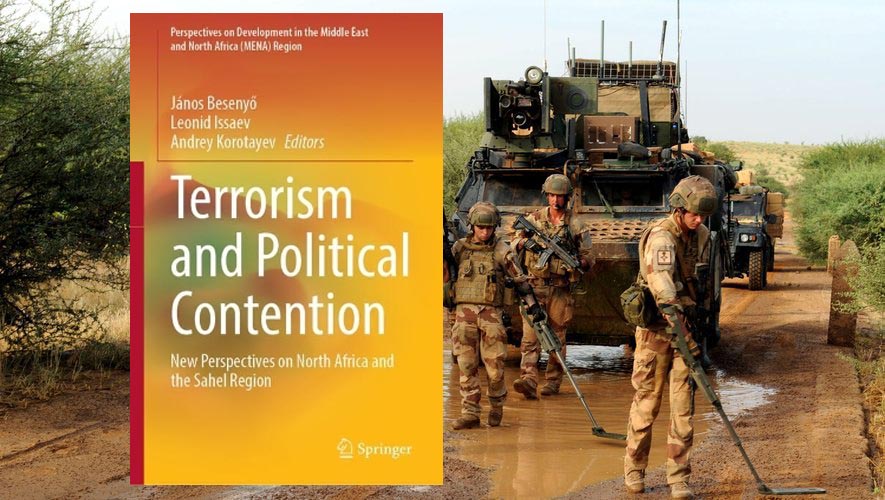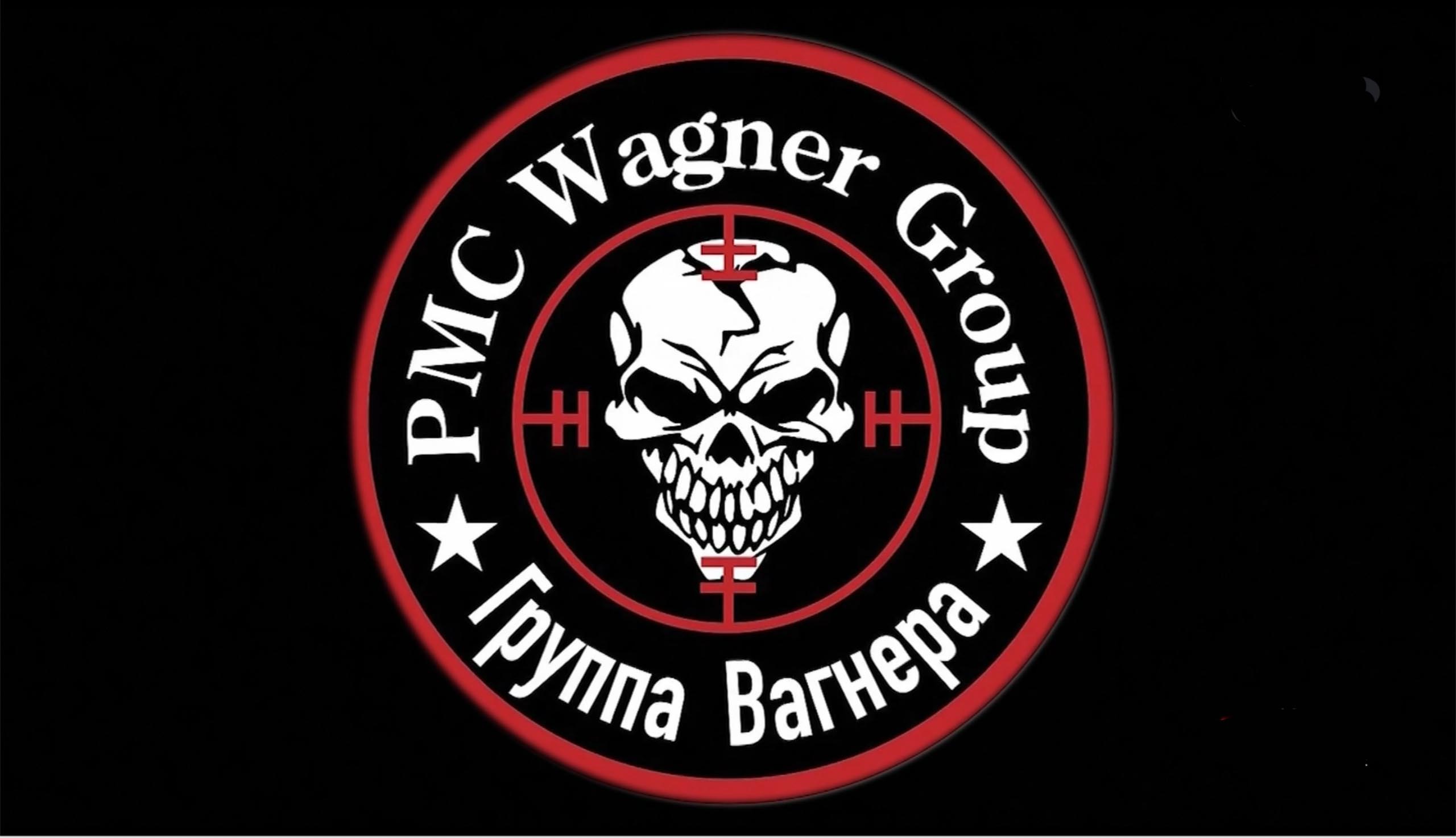Terrorism and Political Contention
New Perspectives on North Africa and the Sahel Region
> Editors: János Besenyő, Leonid Issaev, & Andrey Korotayev
> Publisher: Springer International Publishing (Verlag)
978-3-031-53428-7 (ISBN)
> Newly Published (April 2024)
The book analyzes factors of political contention in North Africa and the Sahel after the Arab Spring. The sharp increase in the terrorist activity in the Sahel after the Arab Spring led to serious destabilization, as well as the emergence of new and re-actualization of old conflicts in the region. A number of terrorist groups have emerged and/or intensified their activities, including ones associated with al-Qaeda and the Islamic State (AQIM, DNIM, ISGS, ISWAP, etc.). In a number of cases, full-scale Islamists insurgencies emerged and provoked increased external interference in the affairs of the region. The aforementioned processes led to the fact that the position of some of the great powers and countries present in North Africa and the Sahel region weakened or even strengthened, so they had to re-evaluate their previous policies. The effect of this is even less visible now, but in the long term it will clearly affect the security of the region and the processes taking place there. This is also true for the current Russian-Ukrainian conflict, the effects of which are already visible in the countries of the African continent and whose impact on the security of the region will entail serious challenges. The book proposes to analyze and generalize organization forms and dynamics of the terrorism and conflict in North Africa and the Sahel region.
EUVI/CERPESC contributions :
(5) “Chasse gardée » or « faubourg »?: Politico-Military Interventions of France in the Sahel Region (Andras Istvan Türke – Europa Varietas Institute, Switzerland and African Research Institute of Óbuda University, Budapest)
Abstract
On September 11, 2006 Ayman Al-Zawahiri, al-Qaeda’s number two announced that France is as much their enemies as the USA and the Salafist Group for Preaching and Combat has become France`s number one enemy in the field of terrorism. In the Sahel region, France increased its presence after 2008 with counter-terrorist operations against jihadist organizations. The operations of special commandos were followed and accompanied by specific intervention operations. The Libyan intervention and the disintegration of Libya (2011) had a drastic domino effect. States are disintegrating, jihadist organizations (based on historical precedents from the 19th century) are multiplying and strengthening, and in many cases, they also perform state functions and are increasingly popular among the local population. With the weakening and elimination of state factors, the local legal bases for the fight against jihadist terrorist organizations have disappeared. The chapter focuses on French interventions in the Sahel region, especially on the relations with Chad, on the operations in the “peripheral regions” (in Mauritania, Djibouti and Somalia) and finally on today`s French anti-jihadist operations and their geopolitical context, with particular attention to the Task Force Sabre, Serval and Barkhane operations.
Contents
Introduction: Terrorism and Political Contention in North Africa and the Sahel Region
János Besenyő, Leonid Issaev & Andrey Korotayev
Terrorism and Political Contention in North Africa and the Sahel Region: Factors, Patterns, Regularities
Migration and Terrorism in North Africa
Viktor Glied
Terrorist Financing from North Africa to the Sahel Region: Exhaustible or Inexhaustible Stream?
Szabolcs Pásztor
Female Vulnerabilities for Terrorist Activities in North Africa and the Sahel Zone
Nina Käsehage
“Chasse Gardée” or “Faubourg”?: Politico-Military Interventions of France in the Sahel Region
András István Türke
The Ukrainian Conflict’s Impact on the Prevailing Causes for Radicalization in North Africa
János Besenyő
Coupvolution as a Mechanism of Regime Change in the Sahel
Egor Fain, Leonid Issaev, Andrey Korotayev
Country Particularities of Terrorism and Political Contention in the Region
Mali: Safe Heaven to Terrorist?
János Besenyő,
Revolutionary and Quasi-Revolutionary Events in Niger
Andrey Korotayev, Leonid Issaev, Anna Ilina, Julia Zinkina
Terrorism and Chad: Ethnicism, Mismanagement and Great Power Influence
David Vogel
Conflict in Guinee: Roots of Guinean Conflict from the Perspective of „Greed Versus Grievance” Theory
Mirela Atanasiu
Terrorism in Nigeria: National Peculiarities and International Linkages
Sergey Kostelyanets, Tatyana Denisova
The Role of Women’s Participation in Effective Decision Making in Politics at the Local Level: The Experience of Ghana
Micah Zing, Alisa Shishkina
The Role of External Actors in Decentralization and Strengthening Islamist Radicalism in Libya
Natalia Zherlitsyna
The Shifting Sands in the Peace Process in South Sudan: Challenges and Prospects for a New Approach
Moses B. Khanyile
The Role of the Amniyat in Enforcing the Mandate of the Leadership and Silencing Dissent in Somalia
János Besenyő, Gábor Sinkó
About the Authors




